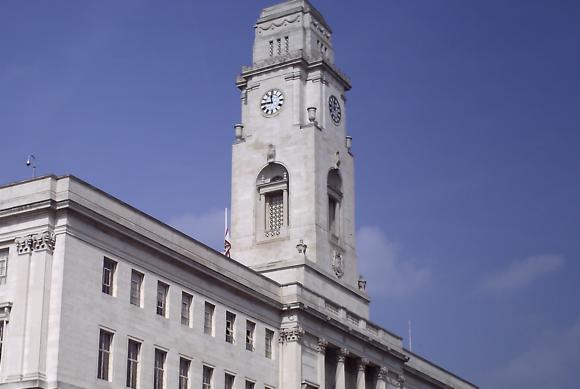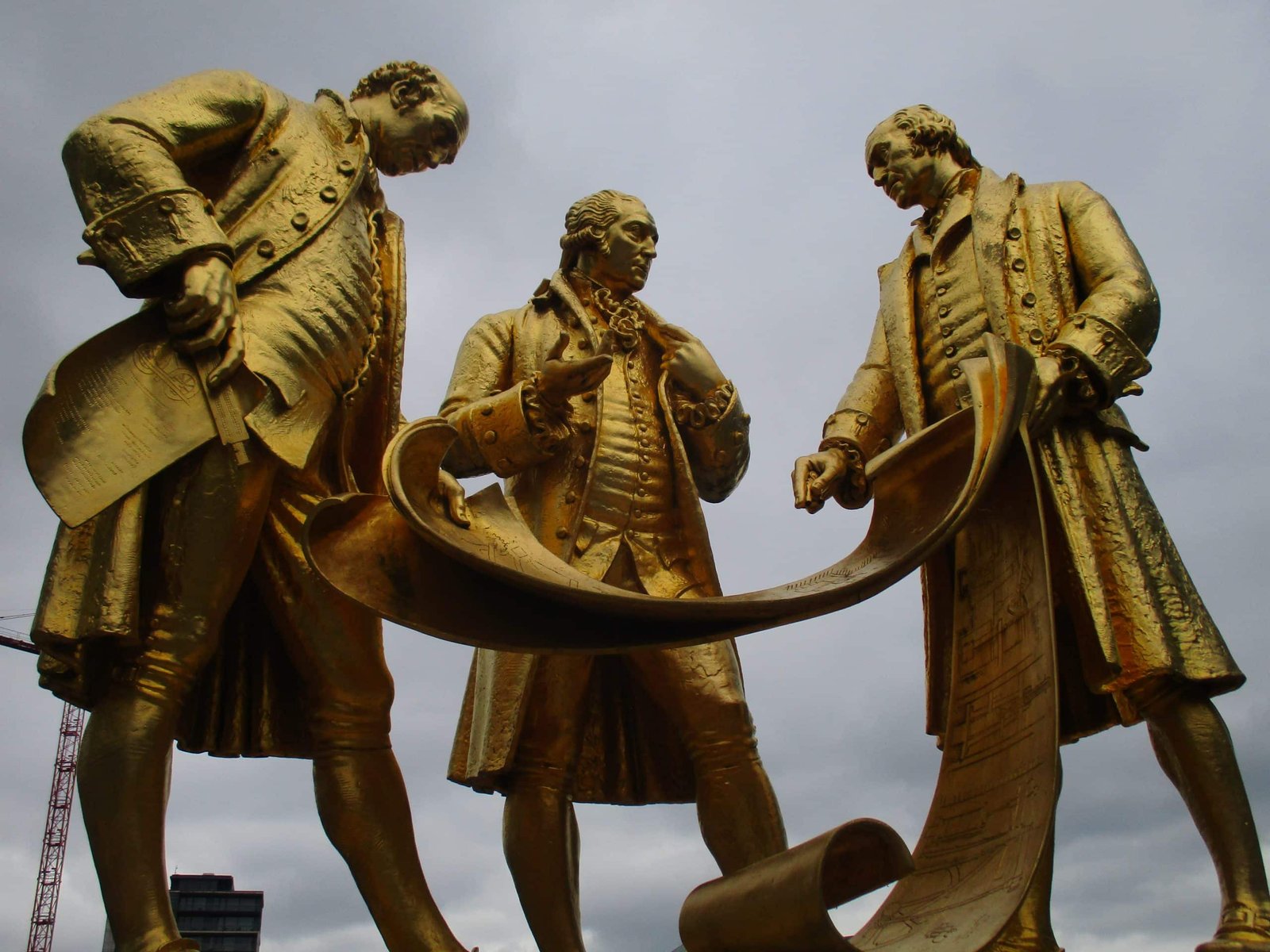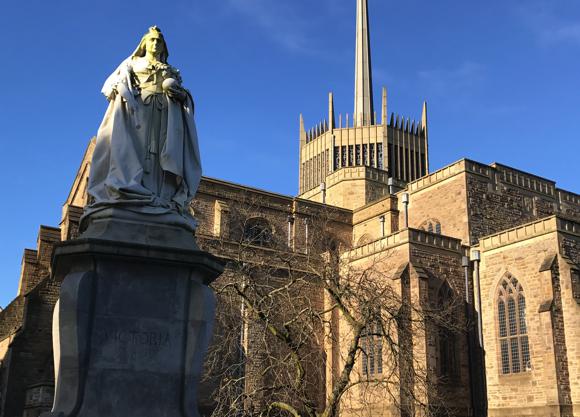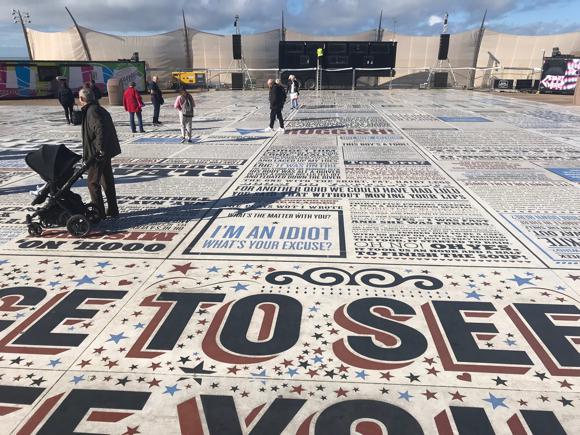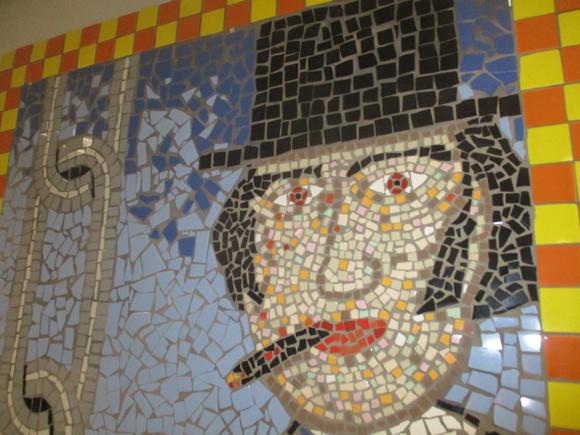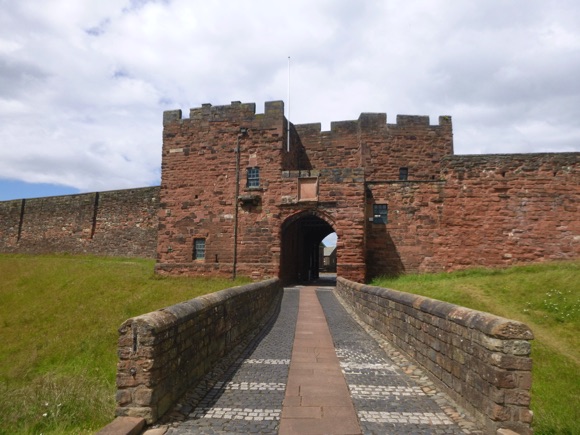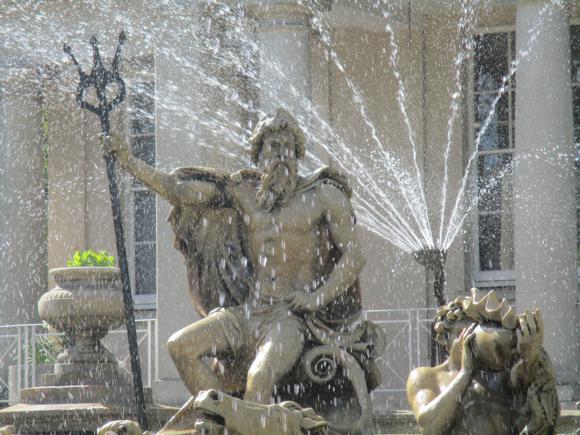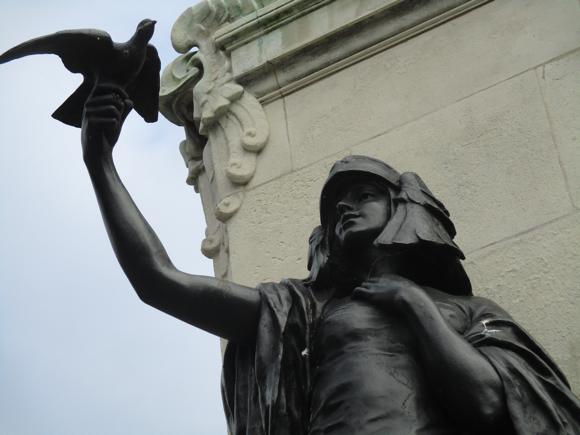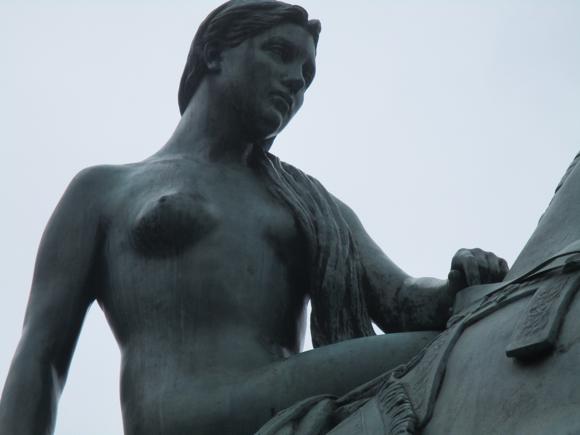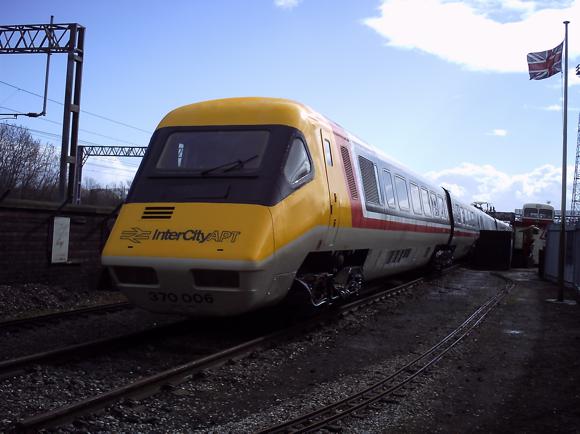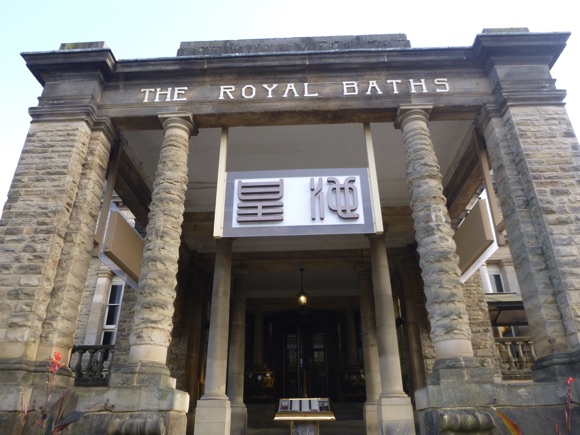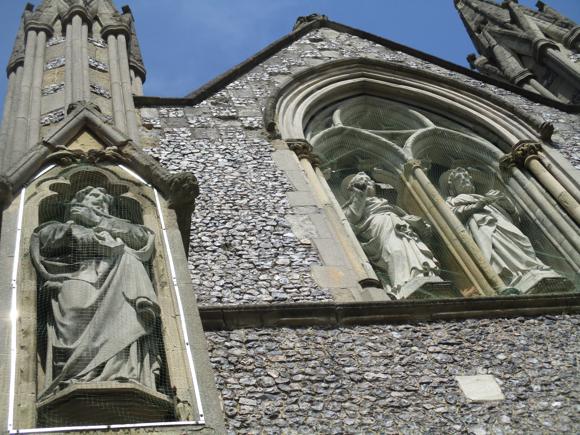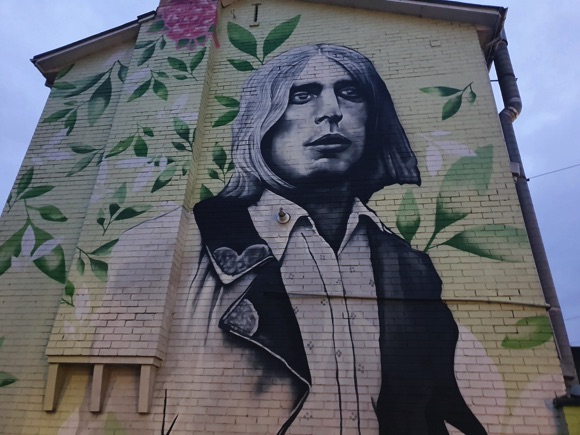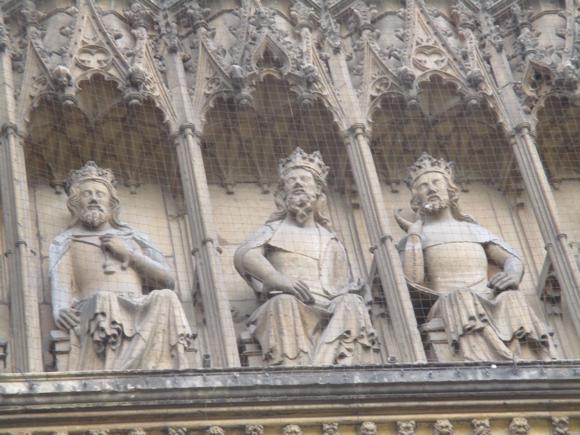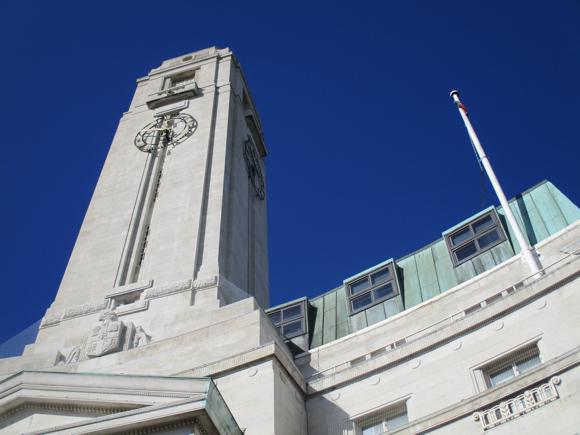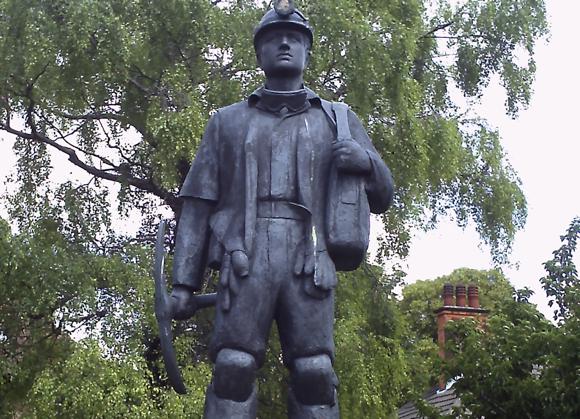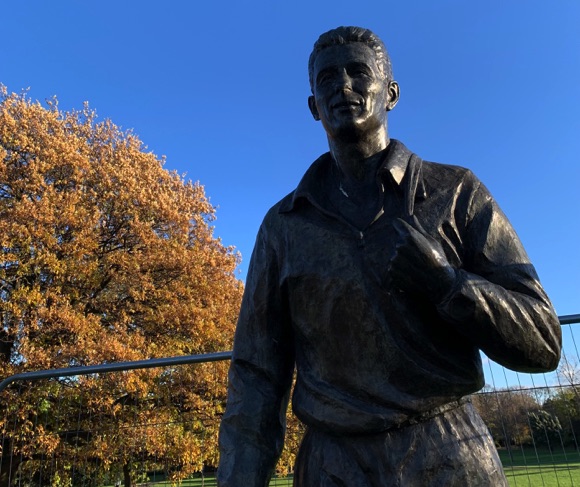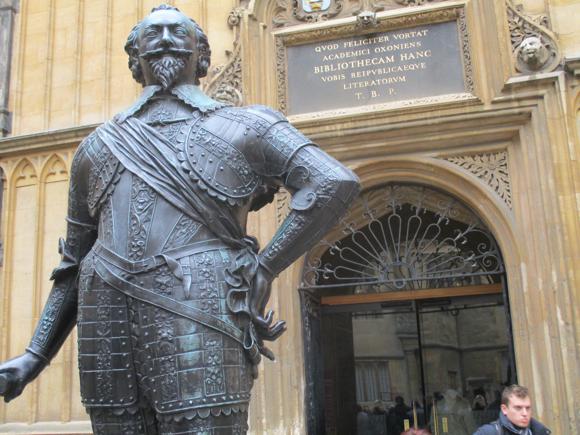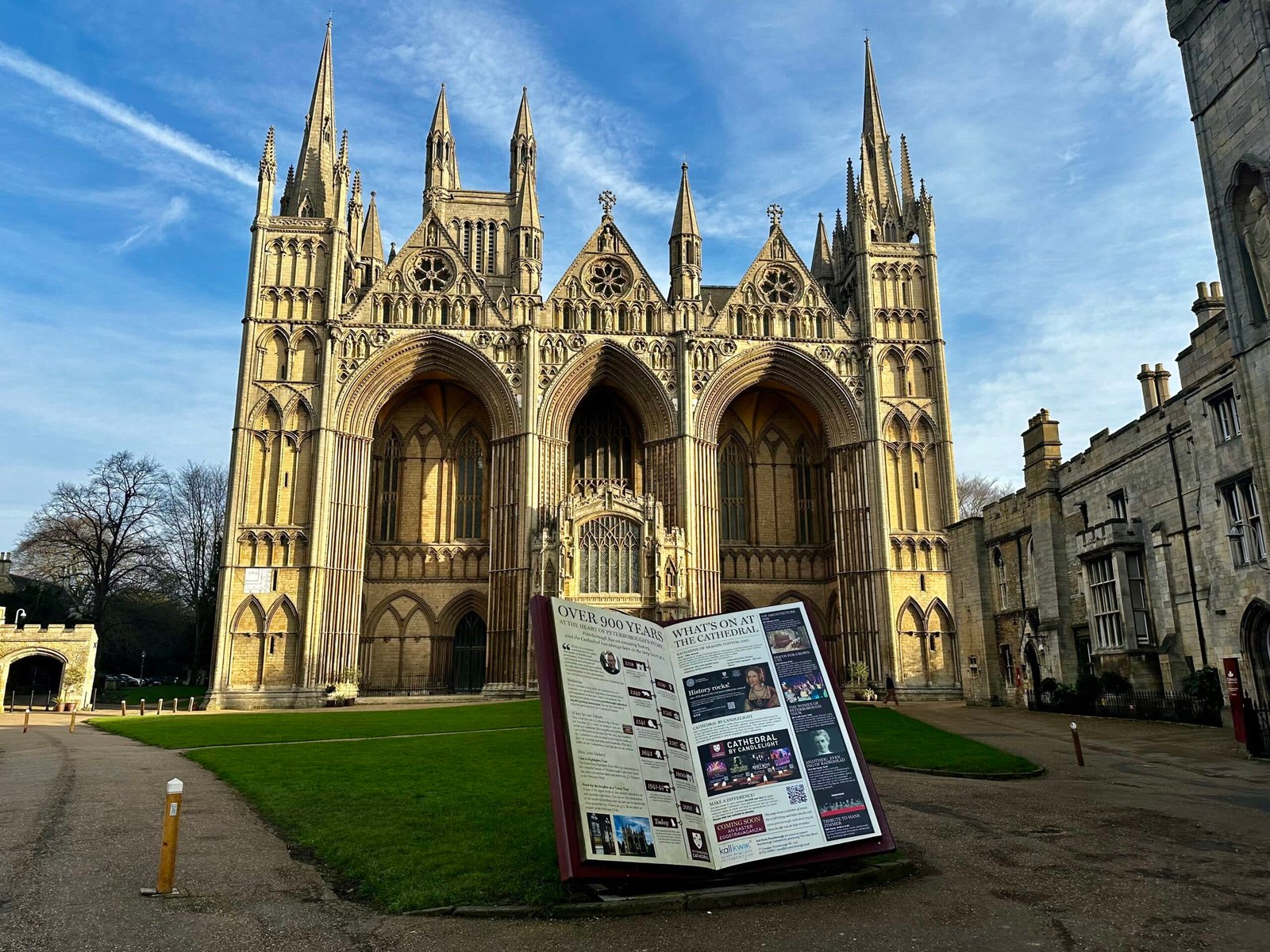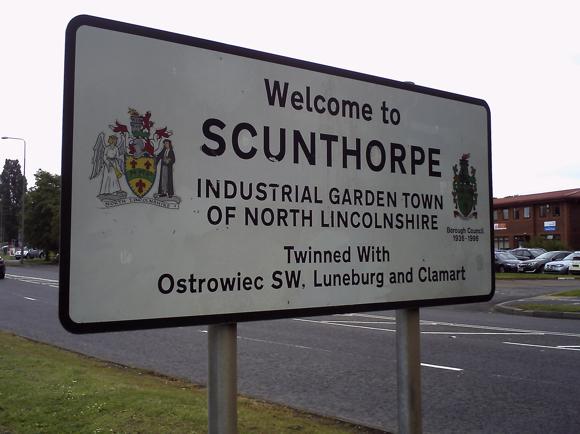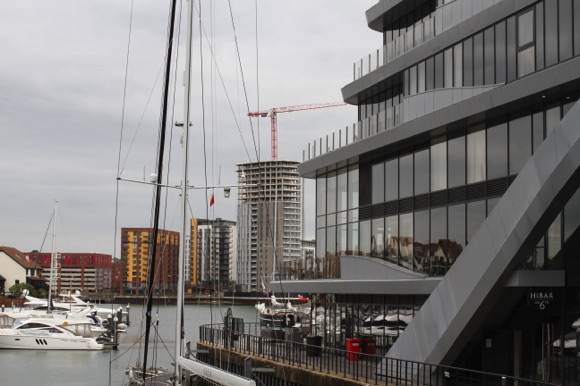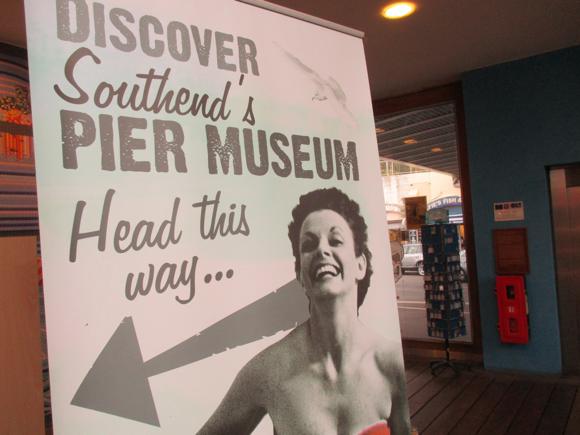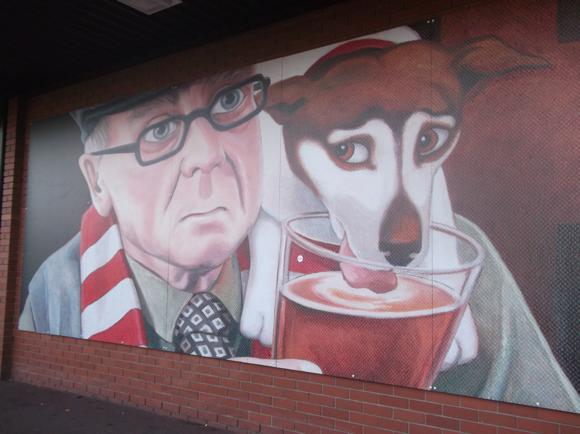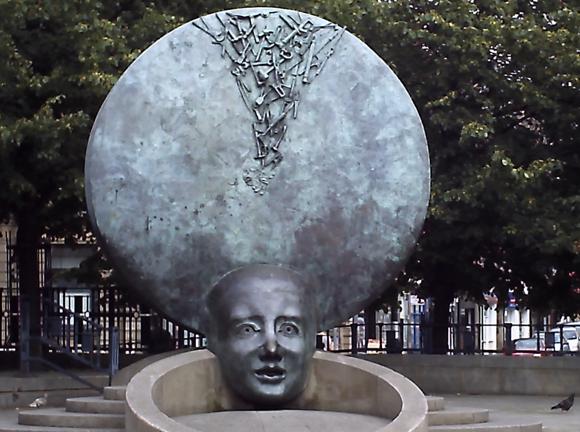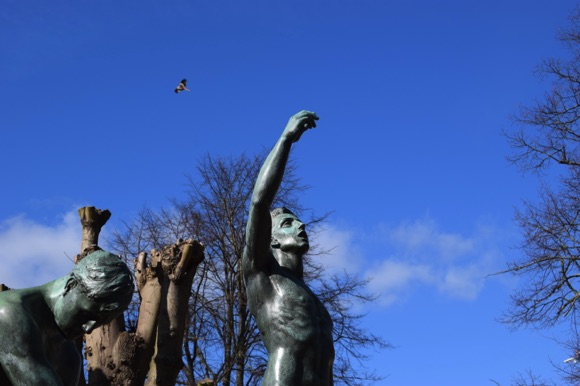Teams, tales and tips – a guide to the local game
Modern-day football is inextricably linked with the transformation of towns in Lancashire and the Midlands by the Industrial Revolution.
Derby is not only the site of the world’s first factory, Lombe’s Silk Mill, built on the banks of the Derwent in the early 1700s – its flagship football club is only one of ten to play continuously in the Football League since being a founder member in 1888.
True, Derby County had to wait over 80 years to win it – but when they did, it was a groundbreaking achievement. Overcoming four of the most formidable sides in post-war English football – Don Revie’s Leeds, Bill Shankly’s Liverpool, Mercer-Allison’s Manchester City and the Manchester United of Best, Law and Charlton – Derby staged a veritable revolution in 1971-72, industry triumphing over reputation.

At the helm, of course, was Brian Clough, then turned 37. Mercurial motivator, master tactician, strict disciplinarian, Clough transformed Derby County, taking them to the semi-final of the European Cup a year later. A statue of Clough and his long-term assistant, Peter Taylor, stands outside Derby’s Pride Park – holding the league trophy they won with Derby before leaving for nearest rivals Nottingham Forest later that decade.
The road between the two cities, 15 miles apart, is also named after the man who had come from Hartlepool to a moribund Derby in 1967.
The last man to come to Derby unproven and leave a hero was Steve Bloomer. As a teenage apprentice blacksmith, Bloomer had played for the city’s other two clubs of the late 1880s, Derby Swifts and Derby Midland. An accomplished baseball player and cricketer, Bloomer moved from Midland to Derby County when the two clubs merged in 1891.

County had been formed as an offshoot of Derbyshire County Cricket Club in 1884. They played at the Racecourse Ground, still the home of Derbyshire cricket. It also hosted the replayed (and first provincial) FA Cup final of 1886, as well as a full England international a decade later. Typically, on his first cap that day, Bloomer scored twice.
It was local foundry boss Sir Francis Ley who had created a baseball ground for his workers in 1890, having seen the positive effects of the sport on factory communities across America. Bloomer would win three national titles with Derby’s baseball club at the same time as he played for the football team.
The football club moved to the Baseball Ground in 1895. With Bloomer, County played in three FA Cup finals, losing them all, but the former foundryman remains the second highest scorer in the 120-season history of England’s top league.

When the Baseball Ground became outmoded, Derby built a new stadium behind the station: Pride Park. Its unveiling by the Queen in July 1997 closed a century-long chapter of football at the Baseball Ground.
In the intervening decades, while similar communities in Lancashire and the Midlands had declined, the diversity of Derby’s industrial base had allowed the town – officially a city from 1977 – to retain a degree of relative prosperity.
Bloomer was later honoured with his own bust by the home dugout in 2009 while the Rams run out to Steve Bloomer’s Watchin’, an adaption of an Aussie rules tune used by non-league Tonbridge Angels.
As for Pride Park, like the Baseball Ground in 1911, it has staged one full England international, in 2001 – as well as, bizarrely, Brazil’s friendly with Ukraine in 2010. League crowds usually remain close to its 33,600 capacity as Derby challenge for a return to the Premier League.
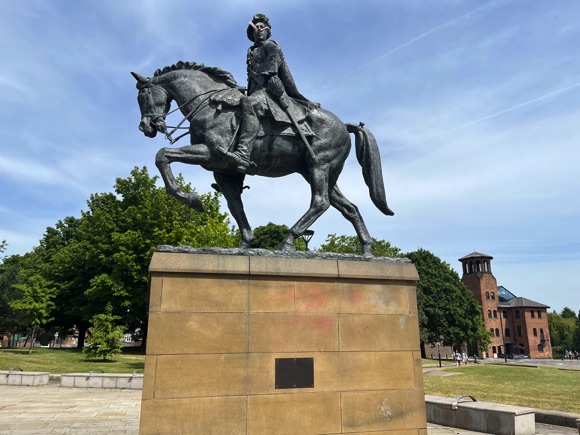



Getting Around
Arriving in town, local transport and timings

Derby’s nearest airport is East Midlands, 23km (14 miles) away. A Skylink bus (£4.70, every 20-30mins, journey time 40mins) runs to Derby bus and train stations. Leaving from town, it sets off from bay 8 at the bus station. Albatross Cars (01332 345 345) quote £22 by taxi.
A train to Derby from London St Pancras takes 1hr 30mins, online singles around £30. From Manchester, it’s also 1hr 30mins (change at Sheffield), singles £13.50 online. Derby train station is halfway between town and the stadium, east of the city and walkable. The bus station is in town by the river.
Several local bus companies serve Derby, the two main ones being Trent Barton and Arriva Midlands (Derby Inner day pass £4). The cross-company one-day spectrum pass (£5.80) is not valid on Football Specials. Train travellers can add a Derby PlusBus (£3.90) to their ticket, valid for most local bus services for the day once they arrive.
Where to Drink
The best pubs and bars for football fans
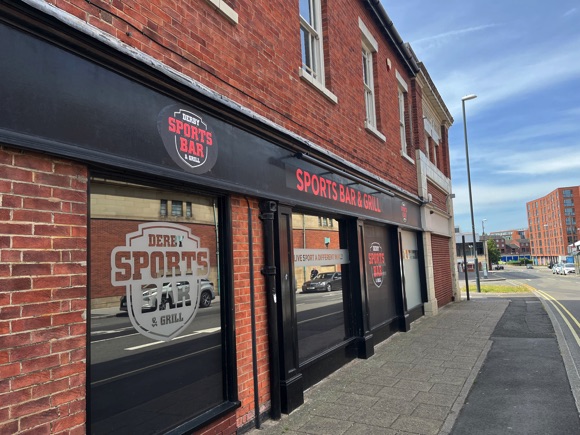
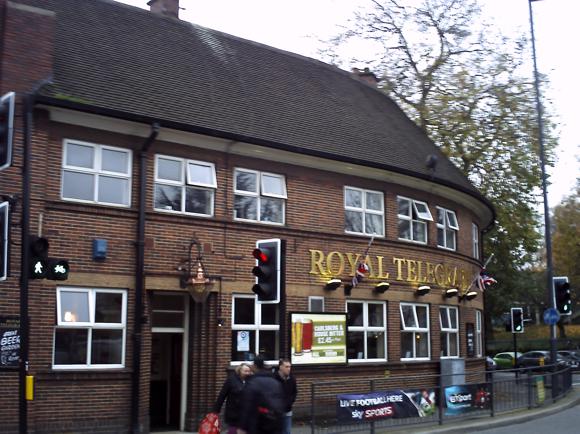

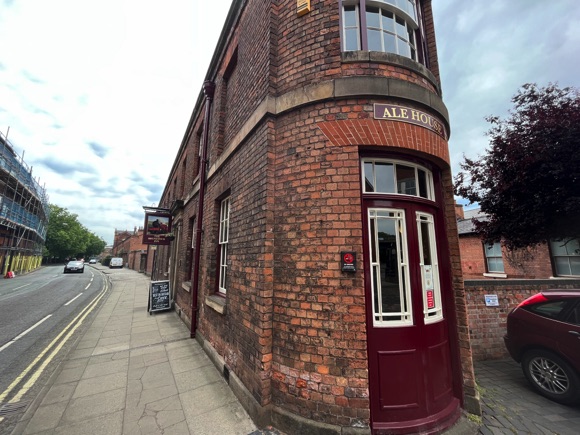
The area around Friar Gate, in the historic heart of town, is the city’s traditional bar zone but these days it’s mainly chain restaurants and the occasional drinking spot.
On match days, the pubs in the station/London Road side of town become County hang-outs. One such is the popular Royal Telegraph on London Road, on a roundabout a 20-minute walk from Pride Park, serving a range of ales and reasonably priced meals. Another is the Brunswick Inn, occupying an end-of-terrace building straight out of a Hovis ad.
Overlooking the leafy Cathedral Quarter river side of the city centre, the Derby Sports Bar contains 30 HD TVs, one giant screen and a kitchen that turns out gourmet burgers and sharing platters. Table-booking recommended for major event nights. Alongside, Ye Olde Dolphin Inne is Derby’s oldest pub, oak-beamed and reputedly haunted.



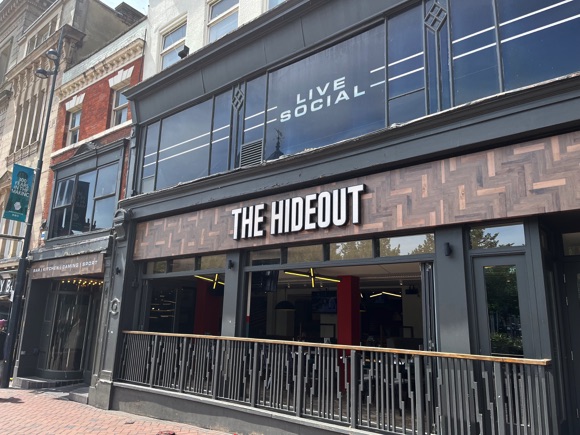

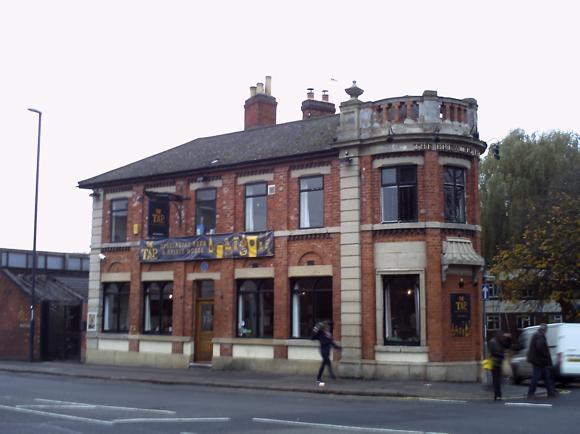

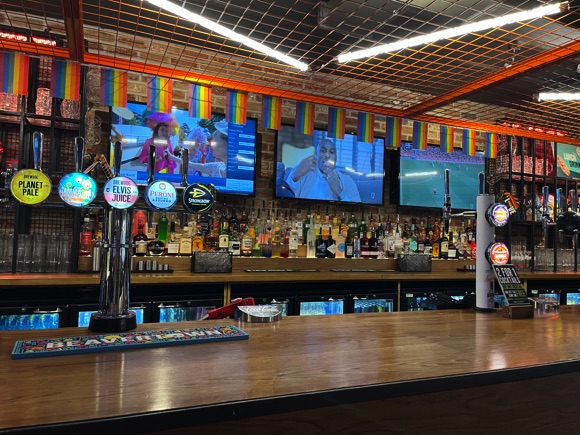
Nearby, the Silk Mill is a quality ale and cider house attached to the museum of the same name. Set on the site of the original silk factory, it serves decent food.
Around Market Place, The Hideout caters to most thirsty sports’ fans’ needs, also offering private booths for convivial viewing. At Iron Gate, The Jorrocks occupies an old coaching inn with links to Bonnie Prince Charlie’s rebellion of 1745.
On the other side of the Cathedral, The Thomas Leaper is the main downtown Wetherspoons, with the chain’s usual meal deals and sought-after beers.
Tucked away on Duke Street near the river, the Furnace Inn has been transformed by its current landlord into an atmospheric purveyor of micro-brewed beers. For drinking by the water, The Tap offers fine ales and food on the east bank of the Derwent.
Where to stay
The best hotels for the ground and around town



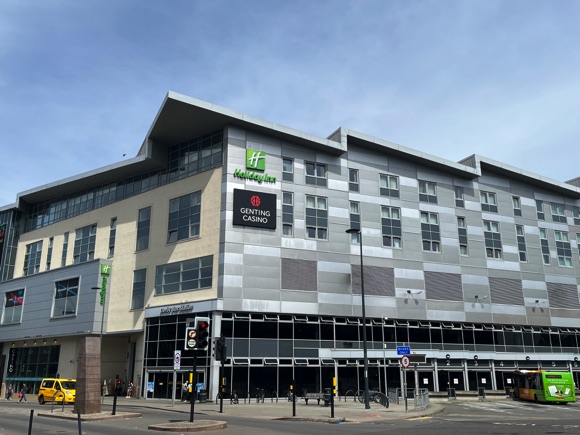
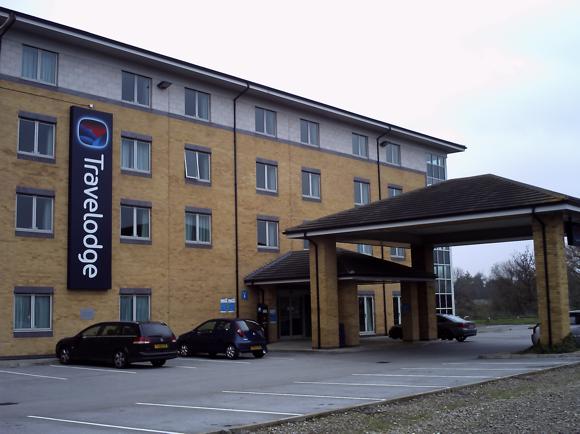



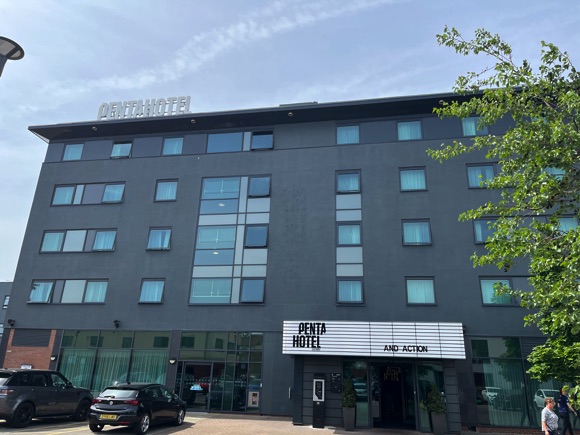
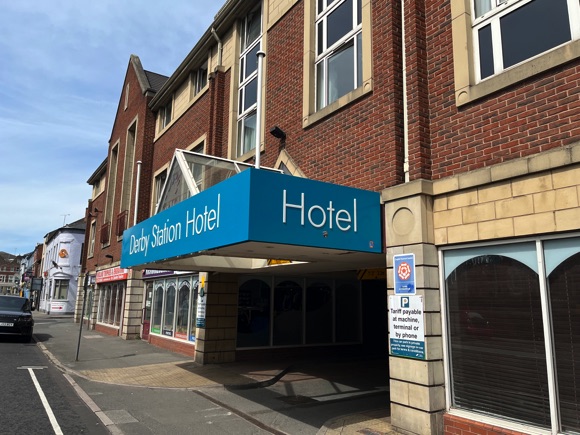
Visit Derby has a hotel database and booking function.
The stadium is served by two chain hotels in the surrounding business park complex. Neither does match-day deals but general discount offers. The Holiday Inn Express Derby Pride Park is modern and functional, attached to a Harvester pub/restaurant. Next door, the Pentahotel Derby throws in a little urban verve.
The refurbished Travelodge Derby Pride Park is similarly convenient, just across the car park.
With the train station a mile away, the hotels there are also handy. Opposite is the Aston Court, with its own bar and restaurant, as does the tastefully furnished Derby Midland alongside. From either, head left, then right through the underpass and follow the signposted path to the ground. The Derby Station Hotel in the Best Western chain is currently closed for refurbishment.



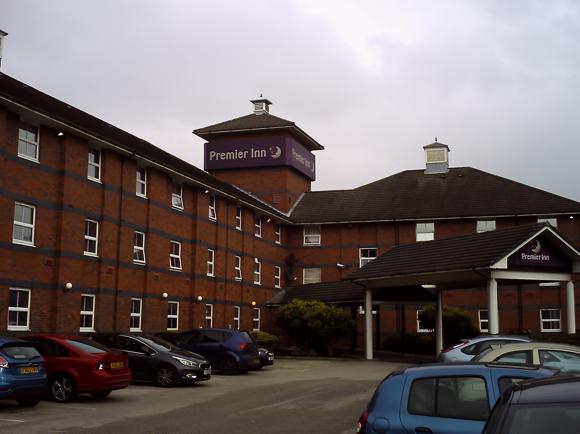
Note also that the Alexandra Hotel on Siddals Road, known more as a CAMRA-award winning real-ale pub, also offers four en-suite rooms.
Close to the ground as the crow flies, the chain Premier Inn Derby East is on the other side of the stadium from town, with its own spacious bar and restaurant. The walk, via Wyvern Way to the second roundabout, then right, to Pride Park should take 15 minutes.
Its stablemate in town is ideally located by the Cathedral, handy for historic pubs and lively restaurants.
Over on Crompton Street, the Chuckles Guesthouse is an individual, affordable, friendly and family-run lodging a 25-minute walk from the ground – turn left then right up Green Lane to the roundabout, and Lara Croft Way. Follow till the right turn for Pride Park Way.




